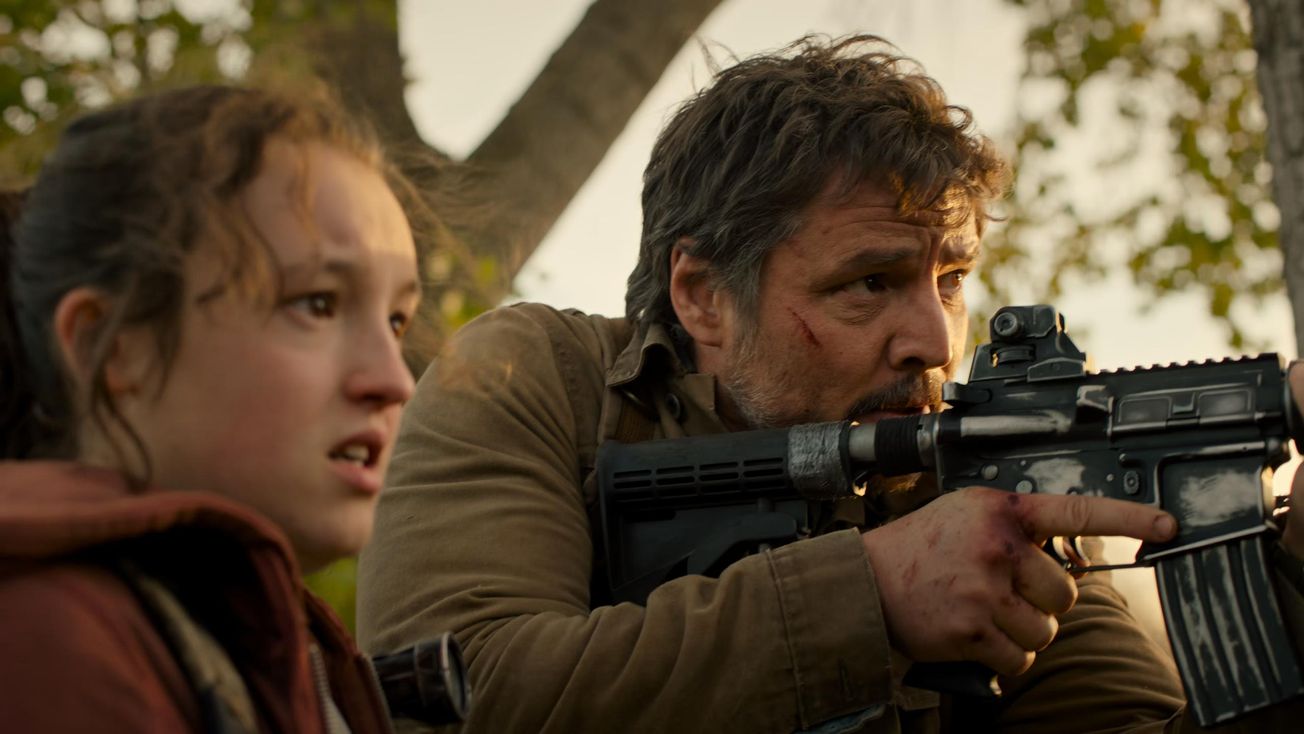By Barney Johnson, Third year, Film and television
The beloved and acclaimed The Last of Us (2013) stands among the pantheon of great video game narratives, with imaginatively visualised worldbuilding, a relentlessly morose tone and two of the most celebrated and compelling characters in the medium’s rich history. When it was announced that creator and writer Neil Druckmann would be at the helm to bring the soul-shattering journey of hardened smuggler Joel and boisterous teenager Ellie to the silver screen, fans were initially quite hesitant to be excited.
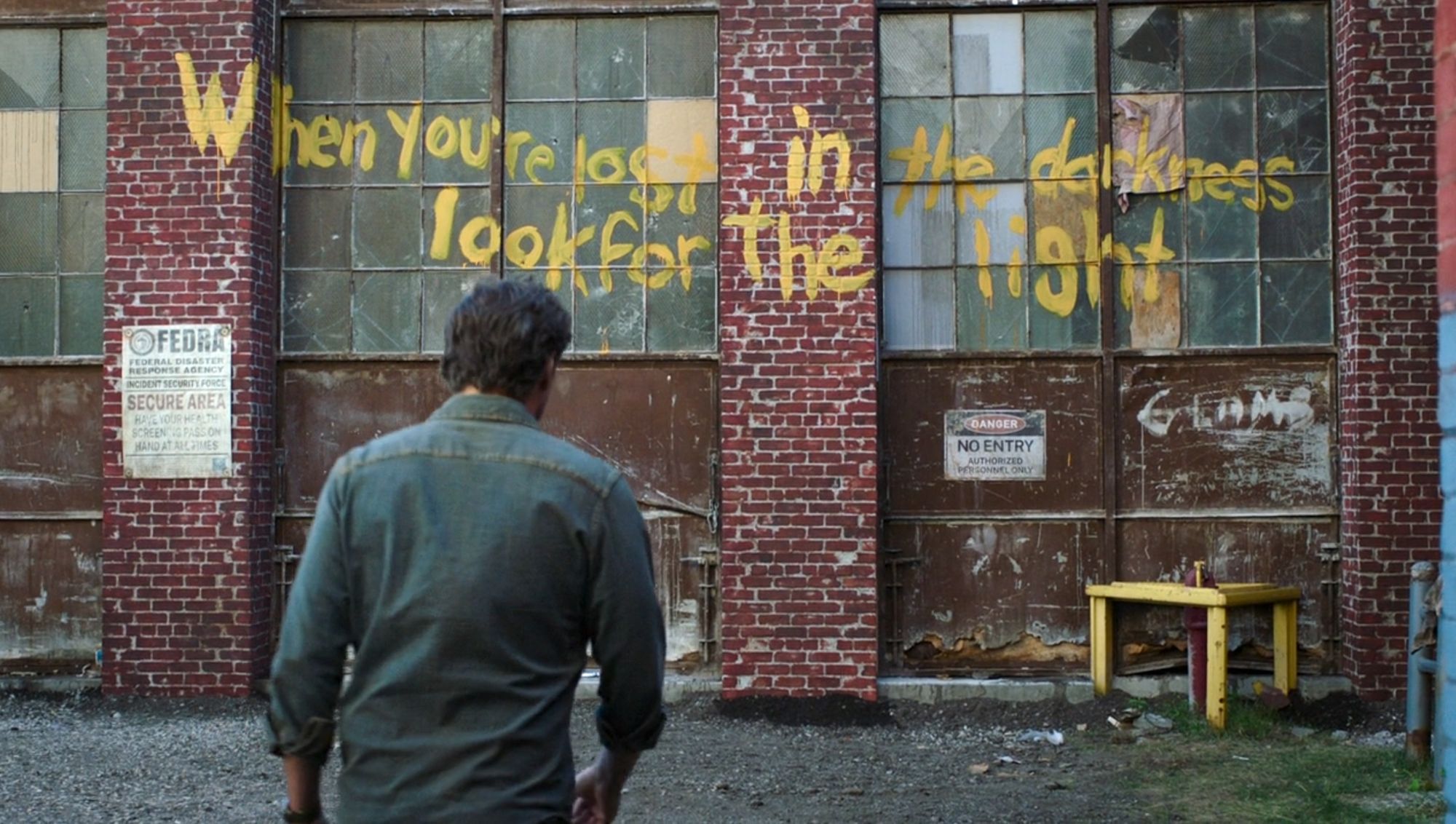
The track record of video game adaptations into TV series and films leaves much to be desired; notable disappointments such as Doom (2005), Assassin’s Creed (2016) and the Halo series (2022-) are all key examples of why video game fans have lost faith in seeing their favourite franchises introduced and retold to wider audiences. Excessive alterations and a lack of faith in their respective source materials upset and aggravate fanbases.
Recent successes such as Castlevania (2017-2022) and Arcane (2021-) inspire some hope, proving that the vehicle of serial episodic television can portray a faithful, yet unique, rendition of popular video games.
However, there was still much speculation over whether The Last of Us could be effectively adapted into a series, as well as whether said adaptation would be ultimately worthwhile.
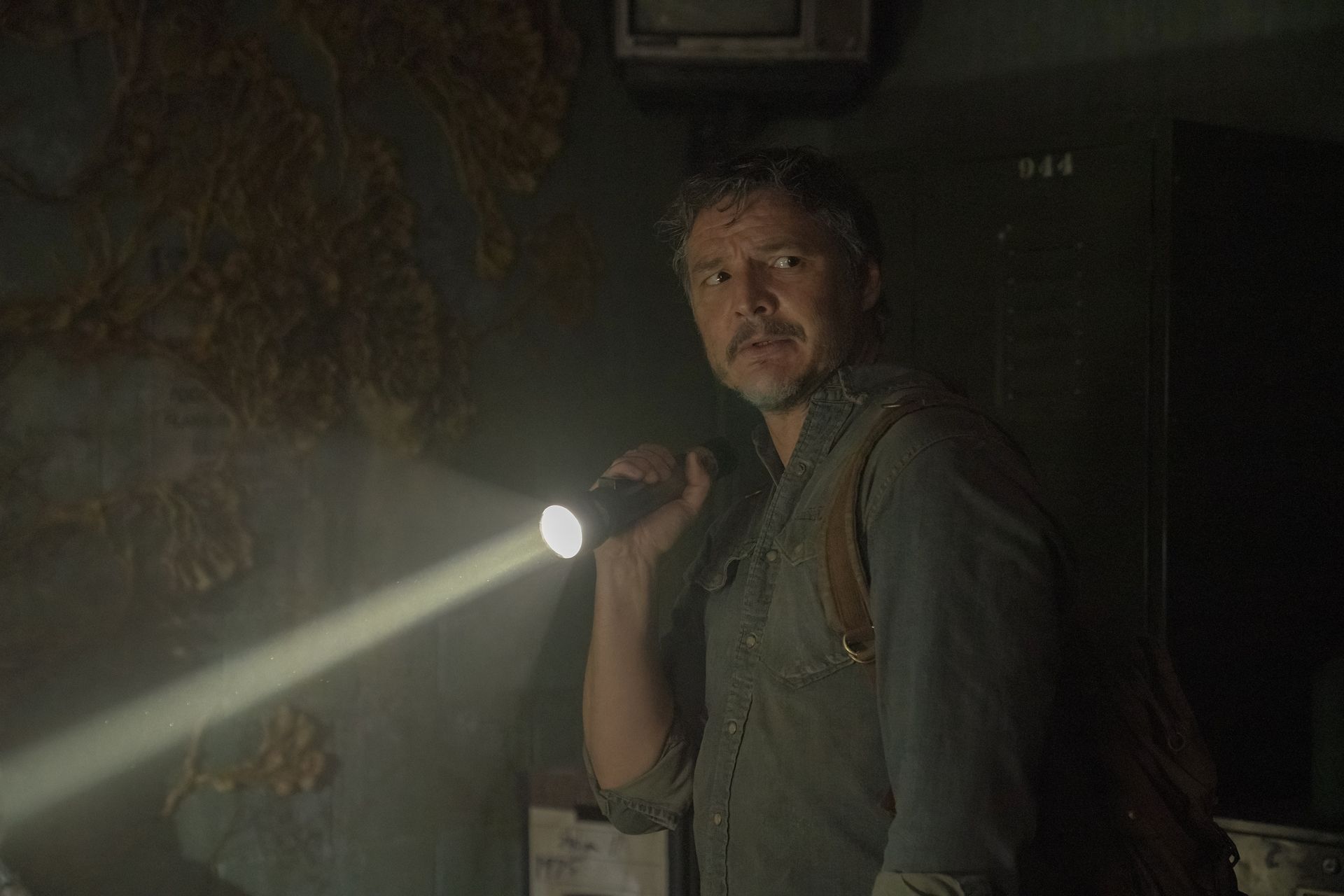
Fortunately, both fans of the game and curious viewers who’ve no idea what lies ahead will find the opening episode of HBO’s latest drama a visually arresting and thematically provocative watch. Undoubtedly, some of this quality must be accredited to co-creator Craig Mazin. His Emmy-winning project Chernobyl (2019) provides all the context one needs to understand that Mazin is a masterful showrunner and world builder.
Perhaps the most crucial element for the pilot is that it stands on its own merit and does not ride on the coattails of the game’s success. Although there are occasional moments of fan service sprinkled throughout the episode, the dynamic filmmaking and well-measured pacing allow viewers to become accustomed to the central characters and the threats that linger over them, regardless of prior familiarity or otherwise.
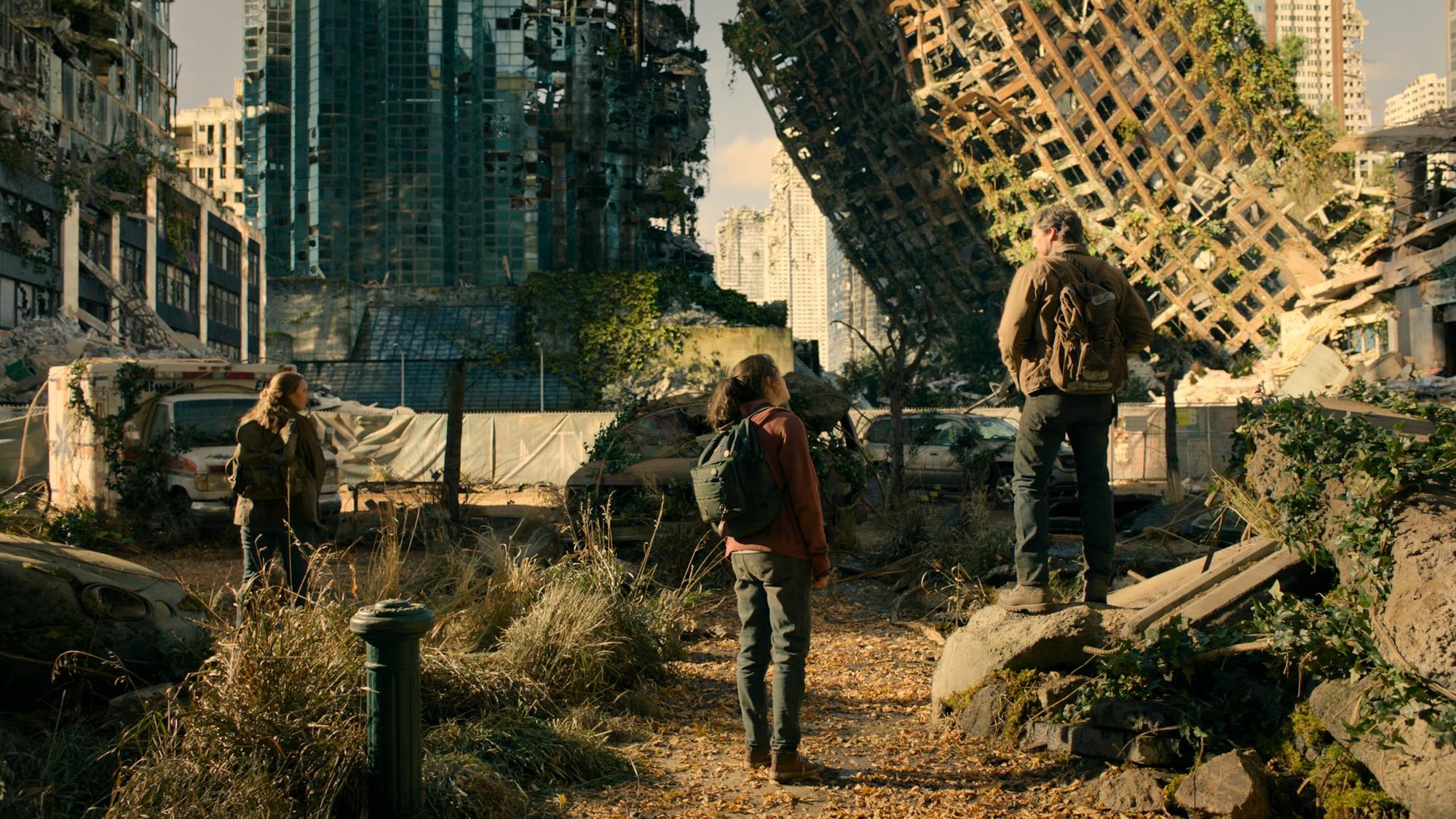
The production value that typifies HBO’s high-budget series is on full display, with plane crashes, burning houses and an already iconic final shot of collided skyscrapers, all exemplifying the stellar work that the set design and visual effects teams needed to pull off to bring this universe to life.
Fans will have rejoiced at the opening title sequence, as composer Gustavo Santaolalla’s main theme from the original game rightfully returned to sonically supply the show with a resonant and melancholic identity.
The horror elements are well realised and, in some instances, even excel their source material. One particularly memorable shot exclusively focuses on a character in the foreground to obscure what’s happening behind them in a moment that will send shivers up the spines of unsuspecting audiences.
Effective use of prosthetics and sound design make the initial outbreak of the infected a harrowing and disturbing experience, even for those who have played through it numerous times before, and raises anticipation for future threats that we can expect to encounter as the series progresses.
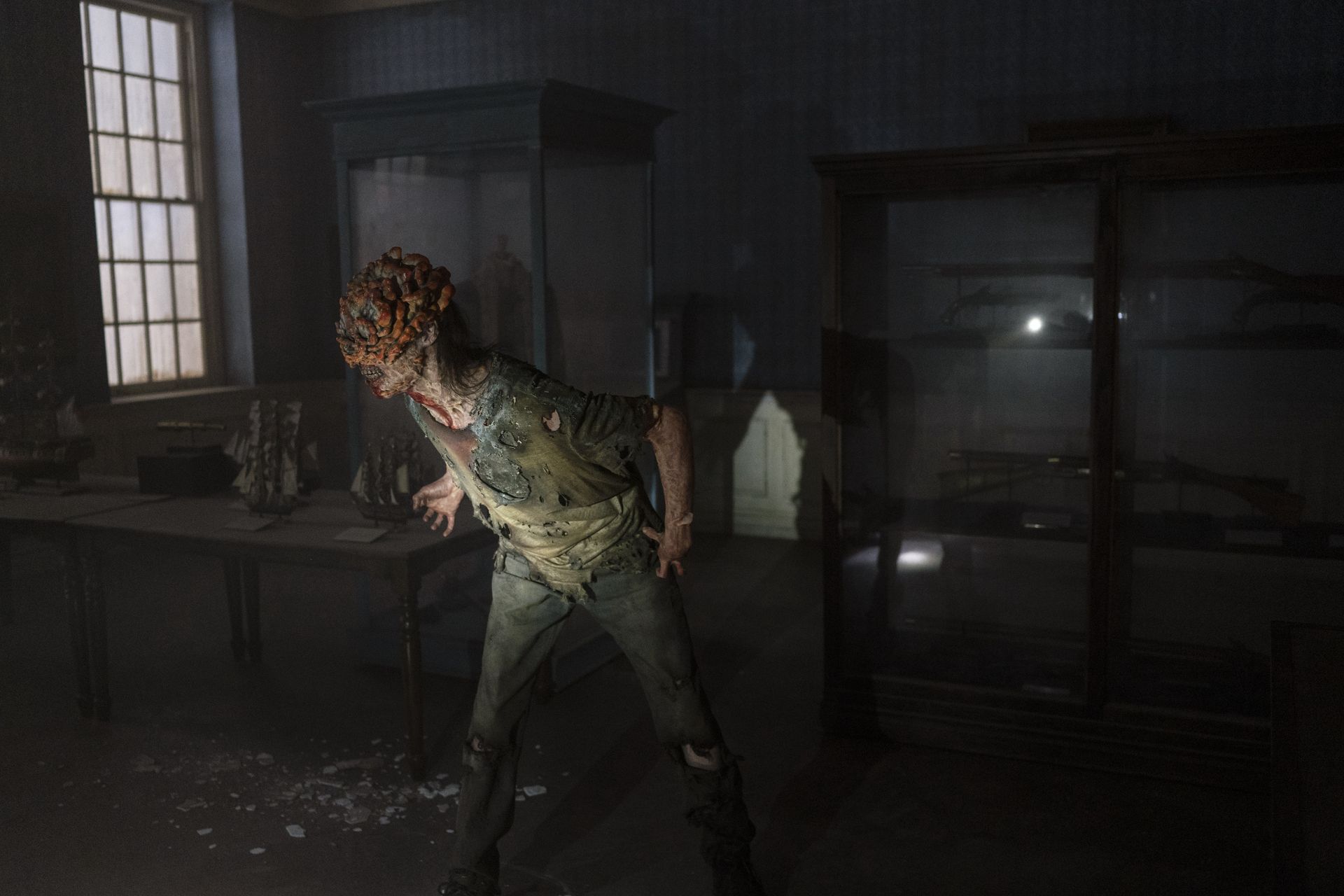
Pedro Pascal and Bella Ramsey both strike a fine balance between paying homage to the stunning performances of Troy Baker and Ashley Johnson from the original game as well as bringing their own wrinkles of characterisation to Joel and Ellie.
If the opening episode was any indicator of the quality and tone that awaits viewers for the rest of the series, it is practically undeniable that HBO will have yet another hit on their hands. I, for one, cannot wait to see the evolution of Pascal’s and Ramsey’s chemistry as they traverse the wasteland together.
Featured image: by HBO, Courtesy of IMDB
Do you think The Last of Us could be a turning point for video game adaptations?

